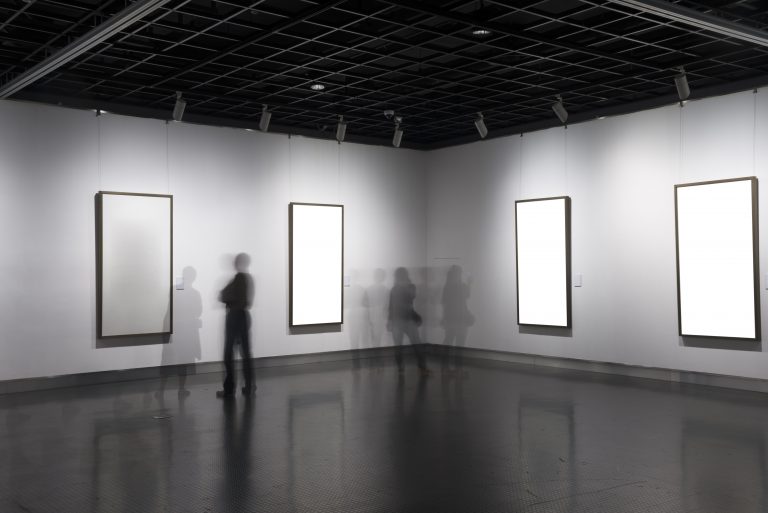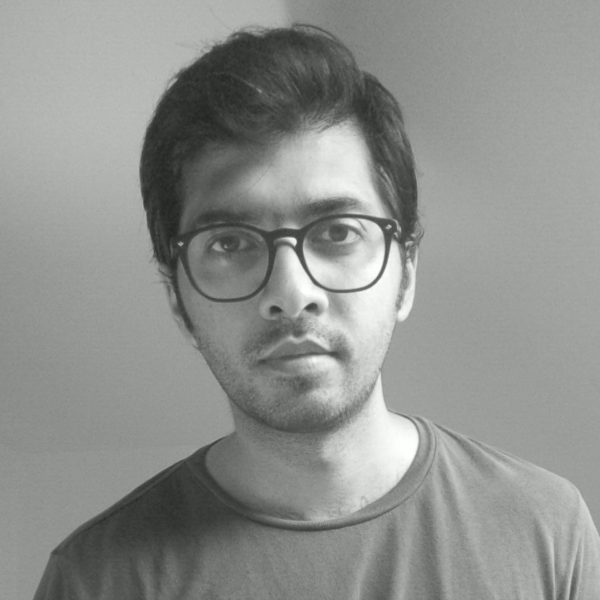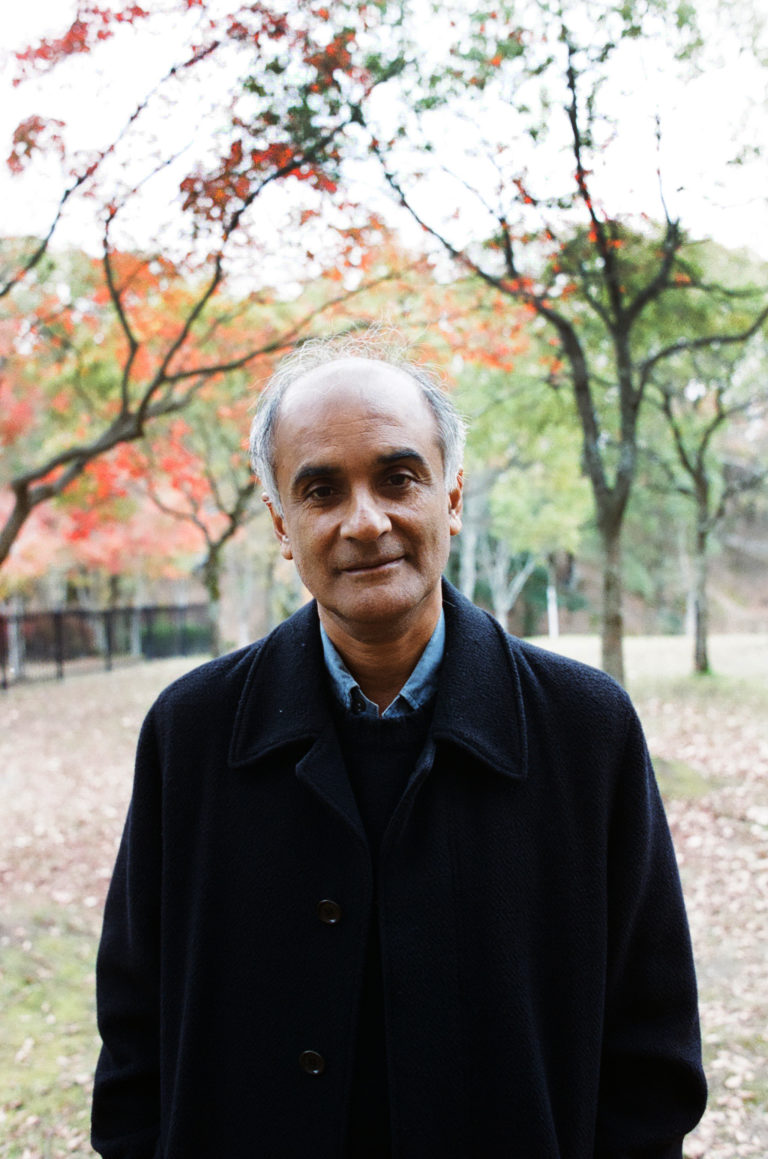
Image by Loveguli/Getty Images, © All Rights Reserved.
The Right to Be Forgotten
Since 2010, the European Union has been engaged in a seminal legal and public debate about the history of our online identities: Given that most information on the internet can remain there forever, to what extent should we be able to exercise the “right to be forgotten,” to disassociate ourselves with information about our past?
Spurred by a landmark case between Mario Costeja González, a Spanish national, and Google, the right to be forgotten debate challenges us to reexamine how we understand our collective memory, our digital selves, and the words that encode them. Though litigation is ongoing to extend this right, akin to the internet, beyond national borders, one critical stipulation to it has already been determined: The right to be forgotten cannot be exercised if the information in question serves a larger public interest.
The question of what the “larger public interest” might mean, seems, however, to be particularly prickly for those in my vocation. As a writer, I find this moot point straddling online histories and public interest to be more than just about memory: Words are at the heart of the existential angst of writers, as we go round and round searching for ourselves — and for everyone else — in our expressions. At times, these are forgotten words, or words that were never there to begin with, leaving in their place an insurmountable void, as was the case in Georges Perec’s lipographic novel La Disparition. From a writer’s point of view, the past — to which we are privy through these words — isn’t just a dispensable memory; it’s a constant, abiding struggle.
Our words — words that hold our collective memory — have a shifty nature. Their truthiness can be fleeting. For writers, this is an existential problem of cosmic dimensions; a religious issue, one might even say. What could be worse, after all, than being a writer who is unable to express the truth? And this tenacious crisis of our struggle to capture the truth — which at first pushes us to write, and then, I imagine, follows us to our graves — only deepens as we begin to change as human beings: greying, leaning perhaps more to the right, eschewing the naivety and idealism of our youth.
In retrospect, those old essays and books written with the certainty of youthful years tend to look wanting at best and awfully dishonest at worst. We are tempted, then, to erase them, especially from the memory of others — stored not in their bookshelves, or their minds, but in some ethereal void of ones and zeros called the internet.
The right to be forgotten, therefore, for writers, becomes a problem of a particular kind: an existential issue which arguably also serves a larger public interest.
In a way, I am grappling with a personal dilemma here. And most writers, I think, eventually confront the fact that their writing is merely a public contention of their internal strife. As I get older, I have started to feel a creeping sense of discomfort over some of the articles I wrote when I was in college. They were printed in a local daily, and I never cared to save cuttings of the newspaper for my record. Yet all these years later, they have popped up on the internet — archived forever and freely accessible from anywhere in the world. And I am not happy about it. I find those essays credulous, sloppy, and unrepresentative of my current writing — and, for that matter, of who I am today. I keep wishing them away. I’ve been itching to write to the editor to ask if they can be taken down from the internet somehow, knowing full well that the answer would be an emphatic “no.” Nonetheless, I like to think how nice it would be if my legacy as a writer were in my own hands. How convenient it would be if I could just disown my own words and, well, move on. But I am also worried that when I reach the end of my life and look back, I might have to wish away a lot that I will have written during the course of my lifetime.
To want to be seen only in our most contemporary form is admittedly a selfish thought. But at the same time, it’s inescapable for most writers. The flip side of this — while socially conscientious — is rather intimidating. Writers, no matter what, when, or where they write, carry out a very simple and essential function for humanity: They produce the documentation of our collective existence. The written word is an affirmation of our being — together, here, now. And that is what makes words so potent, and writers so powerful. Without all that paper trail, there lingers the devastating possibility of everything being an illusion, ourselves included.
It was something to this end that occurs to Theseus in A Midsummer Night’s Dream, who said thus of a poet’s godly pen: “And as imagination bodies forth the forms of things unknown, the poet’s pen turns them to shapes, and gives to airy nothing a local habitation and a name.” This “bodying forth” of forms and the coming into being of “airy nothing” is the articulation of existence. To put pen to paper is therefore an ontological exercise. Writers create new worlds in the image of their imagination, and with each word penned, they also project their own being on their writing, as markers of their mortality. And this last bit — a writer’s sigil on the collective memory of mankind — is perhaps the most burdensome part of the creative process.
As the digitization of our lives dissolves the boundaries between the private and the public, and in turn makes irrevocable all that is public, it also provides us with new insight: This new profusion of our words presents a danger of complicity — of words losing their meaning, of confusion, and of writers forsaking truth. Dishonest writing, then, poses a far greater threat to the world than bad writing. It endangers our civilization by putting our collective memory in doubt. We’re faced with twice the challenge — being true to ourselves and socially conscientious at the same time.
In her novel The Blind Assassin, Margaret Atwood hints at a trick that allows us to be more honest. She suggests that the only way to write truthfully is to write with the belief that no one will ever read your words, yourself included:
“You must see the writing as emerging like a long scroll of ink from the index finger of your right hand; you must see your left hand erasing it.”
I like the idea of this. Being a writer is like looking oneself in the mirror — not passively, as one does while combing one’s hair or brushing teeth, but acutely, in the eye. Writing is an exercise of self-confrontation — which is almost always a depressing and painful prospect, prompting us to look away as soon as we catch our own sight. This is especially true if one writes with self-awareness, which is to say, if one writes honestly — like bleeding on the page.
But there is a caveat, which has as much to do with human nature as with the nature of words: I don’t think we bleed all the time. We are not always honest. And in fact, it is human to be dishonest, especially to ourselves.
This problem is compounded by the fact that words are inherently illusive. Just like writers, their writing, too, is always becoming something else — something, we like to hope, better.
At the heart of this lies also a dilemma of sorts: I write, and I think all writers do, to get hold of my existence — to pin it down with the weight of meaningful constructs. But when we change, our words from the past begin to betray us. This literary betrayal, so to speak, is what I struggle with — provoked to some degree by Mr. González’s case against Google. So even if we were to adopt Atwood’s device, we’d surely run into this problem sooner or later.
James Baldwin, in eulogizing his fellow writer Richard Wright, doesn’t seem to regard change as betrayal per se. Instead, he calls for an acceptance of a writer’s very nature as dialectic: “Unless a writer is extremely old when he dies, in which case he has probably become a neglected institution, his death must always be seen as untimely.” This, Baldwin claimed, “is because a real writer is always shifting and changing and searching.”
The answer to my quandary, I am now tempted to think, lies somewhere in the middle: That we must write today in the belief that our words will never be read, so that we are truthful, and we must read them tomorrow, knowing that we are constantly and inevitably changing, so that we are at peace. As for Google search and digital archives, I look forward to the forthcoming ruling of the European Court of Justice. It will be comforting at least, to reserve my right to be forgotten. But then again, tomorrow is another day, and I might think differently altogether.

